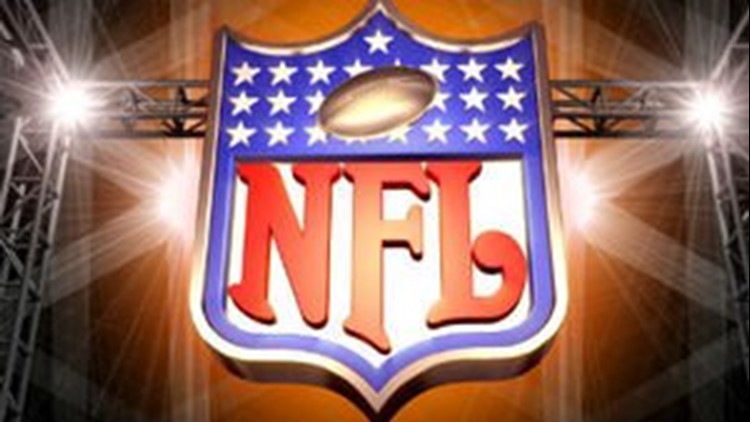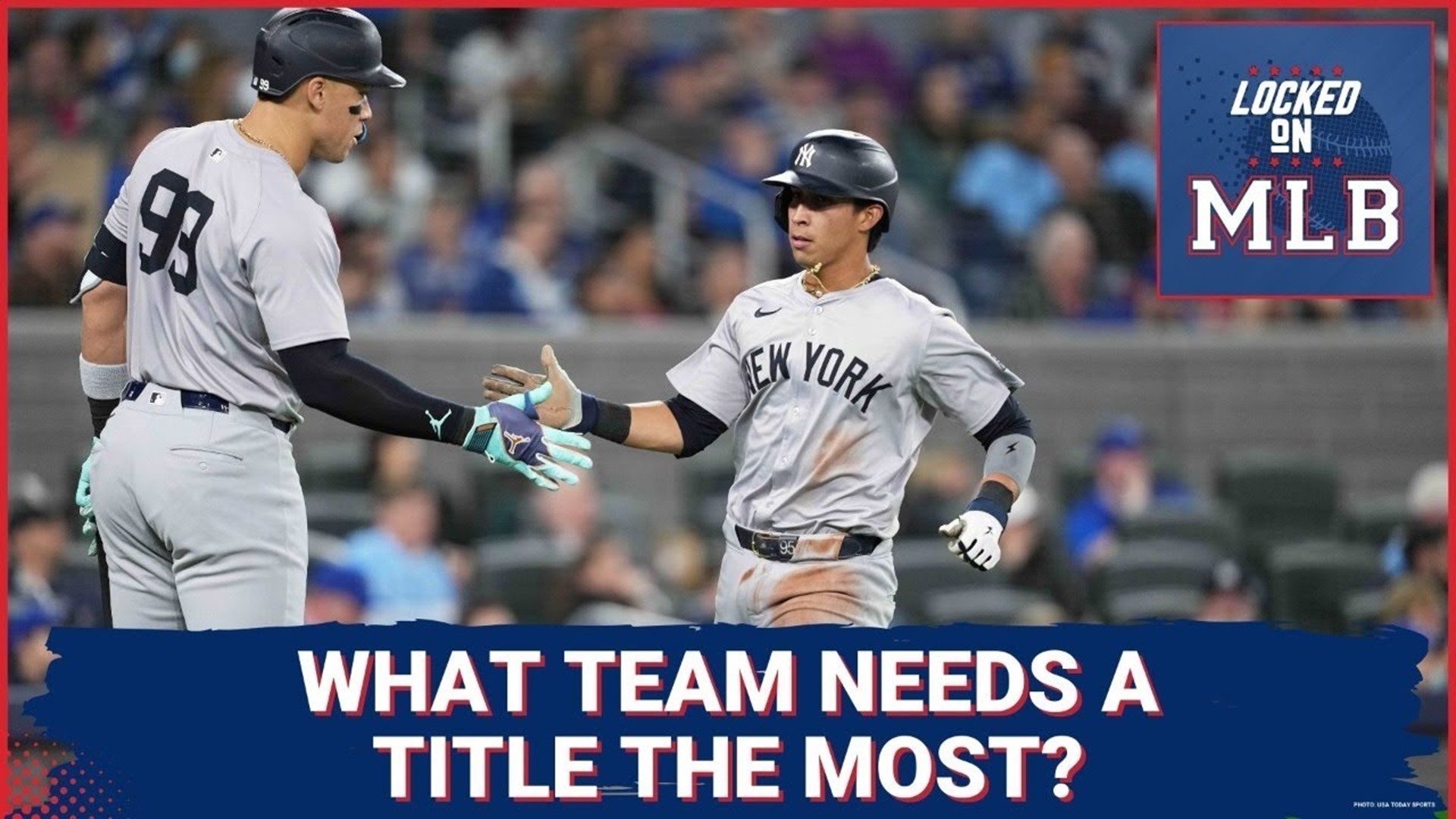WASHINGTON (CNN) — With the prospect of their Sunday game against the San Diego Chargers being blacked out of the Cincinnati market, Democratic Sen. Sherrod Brown of Ohio has a message for the FCC: Don’t mess with Ohio’s football.
In a letter to Tom Wheeler, the chairman of the Federal Communications Commission, Brown blasts the blackout rule, a decades-old policy that prevents television outlets in the team’s home market from airing the home team game if the stadiums isn’t close to sold out. The rule aimed to prevent football fans from staying home to watch their local team play while seats at the stadium remained empty.
“This is unacceptable at a time when the price of attending games continues to rise and the economy is not yet where it needs to be,” Brown said in the letter sent Thursday. “Fans, through local taxes, often help pay for the stadiums. They should be able to cheer on their local teams, especially during the playoffs.”
After winning their division this year, the Bengals secured the third seed in the NFL playoffs and a game at home — in Paul Brown Stadium. But as Thursday’s deadline to sell the necessary tickets to break the blackout neared, the possibility of Bengals fans being unable to watch their team play from home grew.
“Let’s keep The Jungle rockin’ this Sunday for the Wild Card Playoff Game,” the team tweeted on Thursday, with a link to its online ticket store.
And while the FCC moved to end the blackout rule last month, Brown said that provided little comfort to Bengals fans who might miss Sunday’s game.
“While the FCC’s recent unanimous vote to eliminate the Sports Blackout Rule is excellent news for fans and taxpayers across Ohio and across the country, the NFL should do everything it can to ensure that the Cincinnati Bengals’ Sunday playoff game is not blacked out,” the senator said.
The blackout rule has roots in the 1950s and 1960s when ticket sales were a significant portion of team revenue. But with high definition televisions and the massive growth of TV, broadcast revenues now dwarf ticket sales.
The NFL has also become more popular. Fewer games aren’t sold out, meaning blackouts are rare — during the 2011 season, only 16 games were blacked out. That wasn’t the case in the 1970s, when low attendances meant as many as 59% of NFL games were blacked out, the FCC said.
In response to the FCC’s move to end the rule, the NFL said it would “strongly oppose any change in the rule.”
“We are on pace for a historic low number of blackouts since the policy was implemented 40 years ago,” said Brian McCarthy, a vice president at the NFL. “While affecting very few games the past decade, the blackout rule is very important in supporting NFL stadiums and the ability of NFL clubs to sell tickets and keeping our games attractive as television programming with large crowds.”
The NFL blackout issues isn’t new to Brown. In 2012, he wrote a letter to NFL commissioner Roger Goodell that asked the league to reverse its blackout policy.
In Thursday’s letter, Brown said showing the game on television should not hinge on whether people can afford tickets.
“Sports fans make significant financial investments in their home teams through local, county, and other taxes and should not be denied access to a local game because they cannot afford tickets,” he wrote. “The current blackout policy does not serve taxpayers, sports fans, or networks.”
CNN Money’s Greg Wallace contributed to this report.



